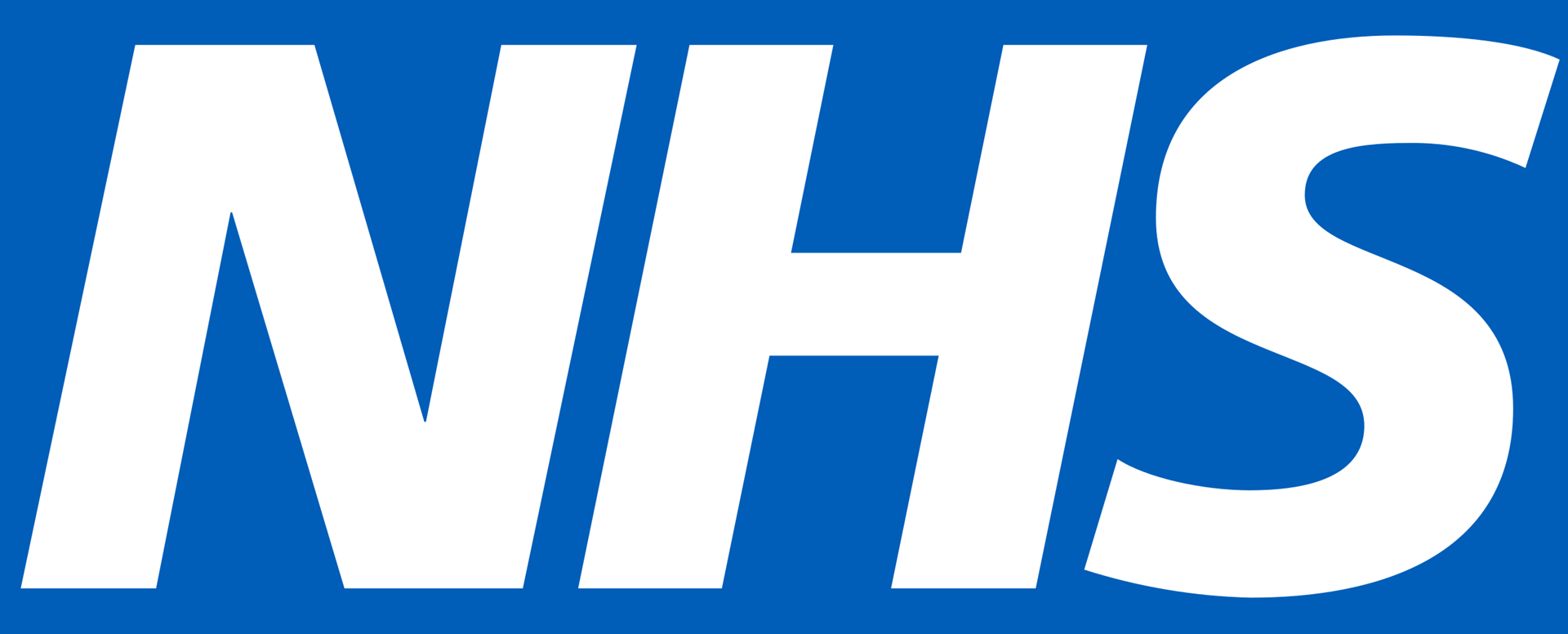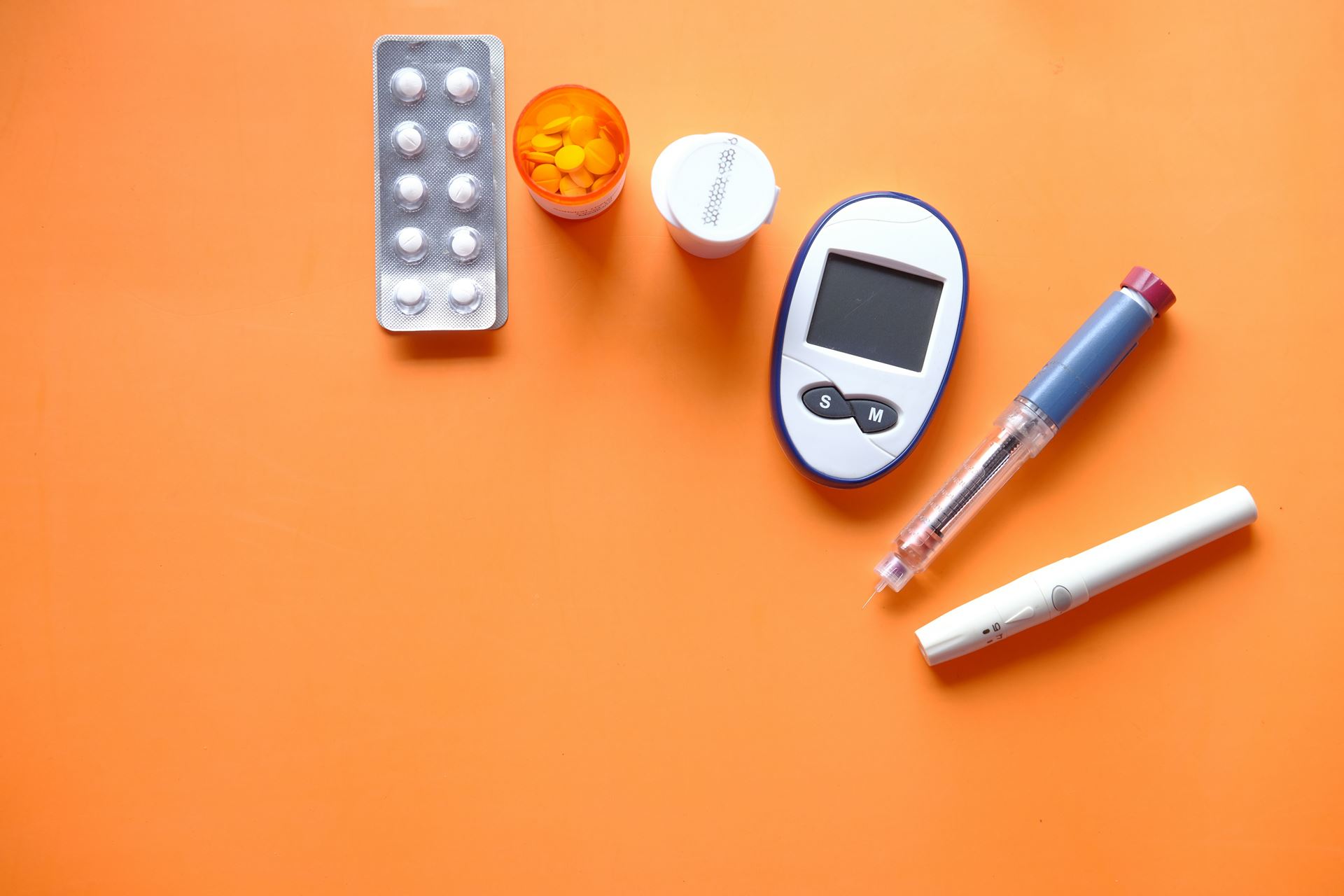If you have been diagnosed with diabetes, the prospect of managing it can be daunting, but it is important to remember you are not alone and there are lots of resources available to help you live with diabetes.
There is a Chippenham & District support group who offer a safe space to meet, share and connect with other people with or affected by diabetes.
It is important to eat a healthy diet, but that doesn't mean the food you eat has to be boring. Diabetes UK has a recipe finder with hundreds of delicious recipes to choose from, checked and approved by specialist dietitians.
Diabetes UK also offer practical guides to life with diabetes, from information on your rights to your emotions, finances, travel, and many other aspects of daily life.
Being physically active is important when you have diabetes and has a great deal of benefits, such as: helping the body use insulin, help look after your blood pressure, improve your cholesterol, help your mental health as well as your physical health, and much more.




